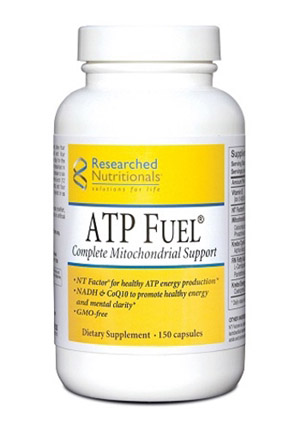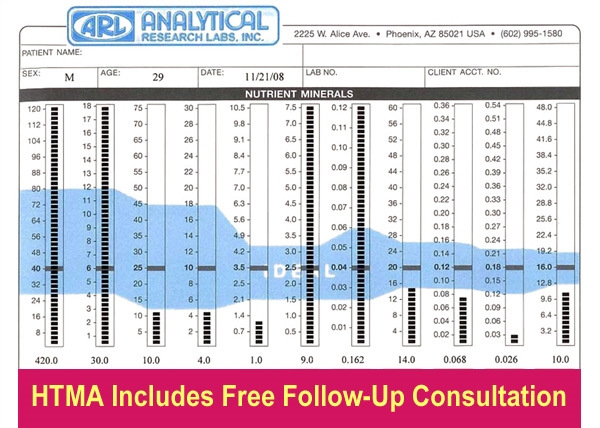Exercise and Movement:
A Key Part of Optimizing Your Long-Term Health
How to Practice Mindfulness
When Moving
Ideas to Get You Going
Movement Supplements
Introduction
An essential component of optimizing our health that is often overlooked or misunderstood is exercise and movement.
Unfortunately the exercise and diet industry have warped our understanding of wellness to the point where many people "hate working out" or feel that they're not doing it right if it doesn’t feel like torture. The reality is that ANY amount of physical activity that you're able to do is better than none at all.

ANY movement that meets the following conditions will have a net positive impact on your health:
- The movement doesn't cause pain in the moment (and if it causes soreness afterwards, it goes away after a day or two).
- You are fully present and listening to your body while moving.
- You feel good and enjoy the experience of the movement.
Note: It's one thing to feel lackluster or unmotivated to move. This is common and does not mean moving will have a net negative impact on your health. However, if you are engaging in a particular movement that is making you feel bad in the name of "exercise", don't do it!
It's Not "All or Nothing"
It's easy to get discouraged before you've even begun, with pressures around how often to work out or what kinds of exercise to do. For substantial health benefits, the US Department of Health recommends a minimum of 150 minutes of exercise a week in its Physical Activity
Guidelines for Americans. However, these guidelines also state, "Some physical activity is better than none… Even 5 minutes of physical activity has real health benefits."
Many studies have shown that even smaller amounts of weekly exercise can have an impact on lifelong health:
- According to this study published in the Journal of the American Medical Association (JAMA), as little as 10 minutes a day of brisk walking by those capable of it could have a sizeable impact on mortality rates.
- This study, published in the British Journal of Sports Medicine, found that 30-60 minutes a week of muscle-strengthening exercises would reduce cardiovascular disease, lung cancer, and diabetes by up to 20%.
Furthermore, it is commonly agreed upon that regular exercise also benefits sleep, mood, and weight management.
Listening to Your Body

Our bodies are brilliantly built with many feedback systems. Being present to your body while you move can prevent injury and also provide opportunities to notice if something needs further attention.
How to practice mindfulness when moving:
- Before your workout or exercise routine, move through some basic stretches, noticing any areas of sensitivity or pain.
- Avoid watching TV while working out. TV can immerse your attention to the point where you lose focus on your body's cues. Instead, listen to music, or perhaps a podcast or audiobook that isn't overly captivating. The goal is to limit your level of distraction.
- If attending an exercise class virtually or in person, remember that the directions of the teacher/leader are intended as guidance, not requirements. If anything feels uncomfortable or painful, feel free to slow down, take a rest, or skip the movement.
- Check in with your body when you finish your workout. How did the activity feel physically and emotionally? Are there any parts of your body that may need extra attention or care?
- Please see this article for more information about using mindfulness techniques to manage chronic pain.
The Importance of Joy
Movement and exercise can release endorphins and enhance mood. However, if the experience of working out doesn't feel joyful, it will be hard to sustain a regular regimen. Spend some time thinking about what kinds of movement you enjoy and what kinds you do not. Get creative! Activities such as dancing, gardening, and playing with young people can all get your heart rate up.
If you still can't think of movement you enjoy, think back to when you were a child. What did you love to do or play? If you are physically able, consider breaking out that old bike or climbing on playground equipment if available in your vicinity. You may feel goofy, but you'll be getting your blood flowing and having fun at the same time!
Aim for Variety
It's important to switch up the type of exercise you do, not doing only one thing every day or week. The CDC recommends a mix of aerobic and muscle-strengthening exercise. Moreover, you may get bored if you're doing the same thing every day, and you won't get a chance to recover and train different muscles and body parts.

Ideas to Get You Going
- If an errand is within walking or biking distance, make a commitment to complete it this way instead of driving. You can listen to music or a podcast while you walk.
- Find a friend who wants to be your workout buddy and make a joint agreement about how often and when you will exercise together.
- Join a gym. Having a place to go to work out can be helpful in establishing a routine. In addition, many gyms offer classes in pilates, spinning, yoga, strength training, calisthenics, and more. Having a regularly scheduled class to attend in the presence of others can be supportive.
- If going to the gym isn't your style or isn't accessible to you, it's easy to find free and affordable virtual classes and workout videos online. YouTube and Netflix are good places to start.
- Find a personal trainer. Most gyms and YMCAs offer this service for a fee. Personal trainers can assist in designing workouts tailored to your goals, and regular training sessions (even as infrequently as once or twice a month) can help with motivation and follow-through.
- Vision therapy can be a helpful place to start, as addressing issues with peripheral awareness, focusing, eye/hand coordination, color sensitivity, and more has been shown to greatly improve physical performance. Search for vision therapy in your area and get an initial consultation to determine if this is something that would be a good fit.
Supplements to Enhance and Support Your Movement

- ATP Fuel® is designed to support the Krebs Cycle of cellular energy production. The Krebs Cycle takes place inside the mitochondria or "power plant" of the cell and it is the body's primary energy producer. ATP Fuel is formulated for athletes and patients seeking optimized energy. It can also help with enhancing heart health and capacity.
- Vitamin C is important for muscle maintenance. We carry two supplemental vitamin C products: C-RLA Liposomal Vitamin C and Magnesium Ascorbate Powder.
- If you notice muscle cramps, try taking magnesium. Magnesium is the number one mineral that Americans are deficient in. Research has shown that magnesium deficiency impairs exercise performance and amplifies the negative consequences of strenuous exercise.

Hair Tissue Mineral Analysis
To evaluate your levels of magnesium and other minerals which are important for exercise and energy, consider taking a Hair Tissue Mineral Analysis (HTMA).
Hair Tissue Mineral Analysis testing ensures that you have adequate amounts of essential nutrient minerals and that their relationships to one another (ratios) are optimal. The HTMA also alerts you to any toxic metal levels in your body. Therefore the HTMA is an invaluable screening tool which allows an appropriate program of diet and supplementation to be designed for each individual's specific needs.
▶︎ Learn More HTMA Testing
DISCLAIMER: This material is presented for informational purposes only and is not a substitute for medical advice, diagnosis, or prescribing from a licensed healthcare professional. We make no claim or guarantee for cure or relief of any specific symptom, medical condition, or disease when using any of the products or protocols referenced here. Consult with a licensed healthcare professional before altering or discontinuing any current medications, treatment, or care, or starting any diet, exercise, cleansing, or supplementation program, or if you have or suspect you might have a health condition that requires medical attention.
By Kristina Amelong, CCT, CNC
I-ACT-Certified Colon Hydrotherapist
Certified Nutritional Consultant